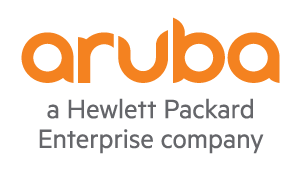Enterprise mobility can add real value to your organisation and make it possible for you to remain competitive and survive in today's continuously changing business environment, if it is used correctly. Engelbrecht shares his expertise.
ITWeb: How can businesses in South Africa overcome the challenges of IOT to ensure they capitalise on the benefits of Internet of things technology?
Engelbrecht: Firstly, business needs to understand the impact of IOT and that new business lines need to be created to adapt to the new "way of business". Thereafter solutions need to be put in place in order to capitalise on the additional revenue or reduction in operational costs which IOT can potentially offer (i.e. preventative maintenance).
ITWeb: What conditions need to be in place to properly address potential challenges, including security issues when enabling mobility?
Engelbrecht: With more sensors and devices being added onto organisations' networks, security has become more relevant. Companies need to make sure all these sensors and devices on the network are securely added and the analytics around these devices need to be monitored in order to make sure it is secure.
ITWeb: Can organisations in South Africa enable mobility without complex, expensive infrastructure or hardware equipment at their office locations?

Pieter Engelbrecht, country manager: HPE Aruba, Hewlett Packard Enterprise, South Africa.
ITWeb: When it comes to selecting a cloud computing solution, which in your opinion is the better option: private cloud, public cloud, or hybrid cloud?
Engelbrecht: My personal opinion is hybrid. The reason for this is that a lot of customers can outsource some of their non-critical applications to the cloud and keep business critical applications on the premises due to control factors and in some cases due to regulations.



